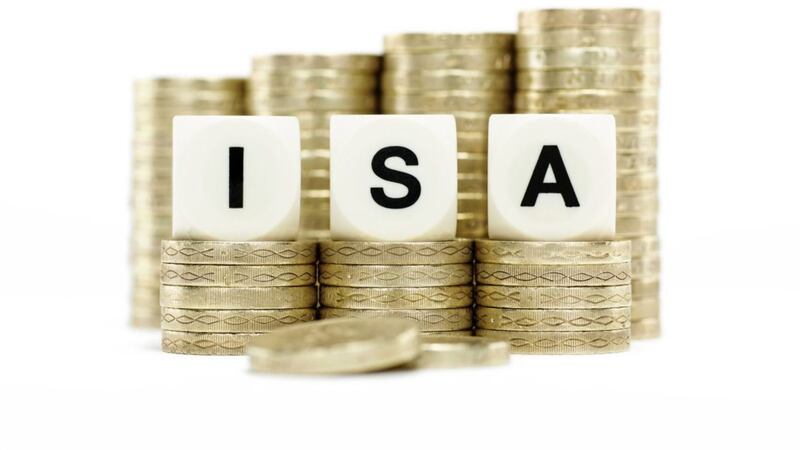Do you have an individual savings account, better known as an Isa? If so, you will be aware that there are two main types: the Cash Isa, and the Stocks and Shares Isa.
The names are self-explanatory: in the Cash Isa you keep your money as cash, while with the Stocks and Shares Isa, your money is invested in the stock market.
Both Isa types offer tax-free saving: an Isa is often referred to as a ‘wrapper’ which protects any growth in your savings from the clutches of the taxman.
If you have only a Cash Isa, it may interest you to know that many Cash Isa savers are now switching to the alternative, and opting for a stock market investment. In fact, the past year has seen £20 billion wiped off Cash Isa investments, bringing the total down to £270 billion, while there is currently £315 billion invested in the Stocks and Shares model.
During the 2016/17 tax year, the number of Stocks and Shares Isas in the UK reached a record 2.58m.
There are a number of possible reasons for this. First, the Bank of England base rate of interest, which influences interest rates on the high street, is currently at a very low 0.25 per cent, making cash savings accounts much less attractive.
The best easy access Cash Isa rate on offer at the moment is Virgin Money’s 1.06 per cent, but with inflation currently running at 2.6 per cent, the possibility of better growth in a stock market investment suddenly seems like a good choice to many.
Another factor was the introduction of the personal savings allowance last tax year, which allows basic rate taxpayers to receive £1,000 of interest tax-free each year. This may have encouraged many to transfer their money into a stock market investment, as the stock market has in the past produced better long-term returns than cash.
Now, it must be made clear that a stock market investment is higher-risk than an investment in cash, and always comes with the warning that ‘stock markets rise and fall, the value of your investment can go down as well as up, and you may get back less than you put in.”
So stock investments are not for the faint-hearted. They are also not for those who may need quick access to their money. Investments in stocks are regarded as a long-term matter, ideally you should leave your money in there for at least 10 years, to allow it to ride out the ups and downs that come with market fluctuations.
In the current tax year, running until April 2018, you can invest up to £20,000 in Isas, and if you like you can split that between both Isa types.
If you are aged 18-39, you might also like to look at the Lifetime Stocks and Shares Isa, which includes a government bonus of 25 per cent of any investment made each tax year. The maximum investment each year is £4,000.
Different kinds of Stocks and Shares Isas have different levels of risk. Generally speaking, an investment in emerging markets might be riskier than, say, an investment in UK or US stocks. On the other hand, the potential for healthy returns is greater as well.
For that reason, the guidance of a qualified financial adviser is crucial with not only Isas, but all stock market investments.
:: Michael Kennedy is an independent financial adviser and pensions specialist, and can be contacted on 028 71886005 . Further information on our Facebook page “Kennedy Independent Financial Advice Ltd”








